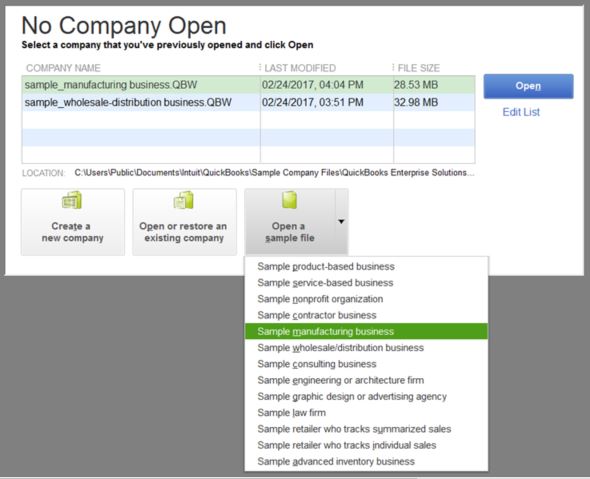 |
| Credit: Intuit |
Intuit yesterday said it had sold its Quicken personal finance software unit to H.I.G. Capital, a Miami-based private equity firm.
Financial terms of the deal were not disclosed.
The announcement put an end to a
sales process that went public last August, when
Intuit told customers it was unloading three parts of its business -- Quicken, QuickBase and Demandforce -- to focus on its most profitable software and services, the QuickBooks small business accounting division and the seasonally-skewed
TurboTax tax preparation group. In January, Intuit sold Demandforce to Internet Brands for an undisclosed amount.
Last summer, Intuit's CEO explained that
Quicken, which unlike
QuickBooksand
TurboTax lacked a cloud-based service or subscription offer, was essentially a dead end for the company. "Quicken is a desktop-centric business and it doesn't strengthen the small business or tax ecosystems," said chief executive Brad Smith in a conference call with Wall Street last year. "Our strategy is focused on building ecosystems and platforms in the cloud."
Quicken's contributions to Intuit's bottom line have been minuscule: In the 12 months preceding the August announcement, Quicken, which starts at $35.10 (
Amazon price), contributed just $51 million to the firm's total revenue of nearly $4.2 billion, or slightly more than 1%.
But the company pledged to find a buyer who would invest in the 33-year-old Quicken software. That buyer turned out to be H.I.G. Capital, a global private equity firm that manages some $19 billion.
"[H.I.G. is] confident, as am I, that Quicken will thrive with increased investment, leading to product improvements and advances that will allow Quicken to continue to serve you well for decades to come," Dunn said.
The sale, said Dunn, will allow Quicken to double the number of engineers working on the Mac version -- which has long lagged behind the Windowsedition in features and functionality -- and devote more resources to improving the program on the dominant platform, Windows.
"We all know that Quicken could use some TLC, some tender loving care, to be as great as it can be. I'm very aware that Quicken isn't perfect," said Dunn. "Quicken [for Windows] could probably use some attention to the fit and finish, the polish, usability, resilience and reliability."
Dunn has his work cut out for him.
In many ways, Quicken is software that users love to hate. With years of data in the company's proprietary format -- and few alternatives -- they not only feel trapped but also regularly rail about the product.
Quicken's listing on ConsumerAffairs.com, the consumer advocacy organization's website, makes for dismal reading: The overall satisfaction rating is one star out of a possible five.
"Like many other Quicken users, I ran into problems with Quicken 2016," complained someone identified only as "John" last month on ConsumerAffairs.com. "Quicken has the worst customer service of any major company with which I have had to deal. Their representatives are uninformed and untrained in the most simple issues."
The sale was a management buyout: Dunn confirmed that he was a "significant personal investor in the transaction." How that will work out over the long term was, not surprisingly, unclear.
Typically, a private equity firm that has partly financed a management buyout -- in such deals, managers are required to make personal investments to guarantee that they have a vested interest in success -- wants out after several years to recoup their investment and, assuming the transition has worked, to take a profit. At that point, the firm may be in the hands of management; or the equity firm's stake could be sold to another buyer or investor.
H.I.G Capital has invested in other software or software-based services recently. In January, H.I.G. was among the investors that bankrolled the purchase of
Salary.com, a Wellesley, Mass. firm that focuses on employee compensation data, software and services. That was a management buyout as well: Salary.com's founders bought the company from IBM, which had acquired it in 2012 as part of a larger purchase of Kenexa.
The Quicken sale is expected to close by April 30.

